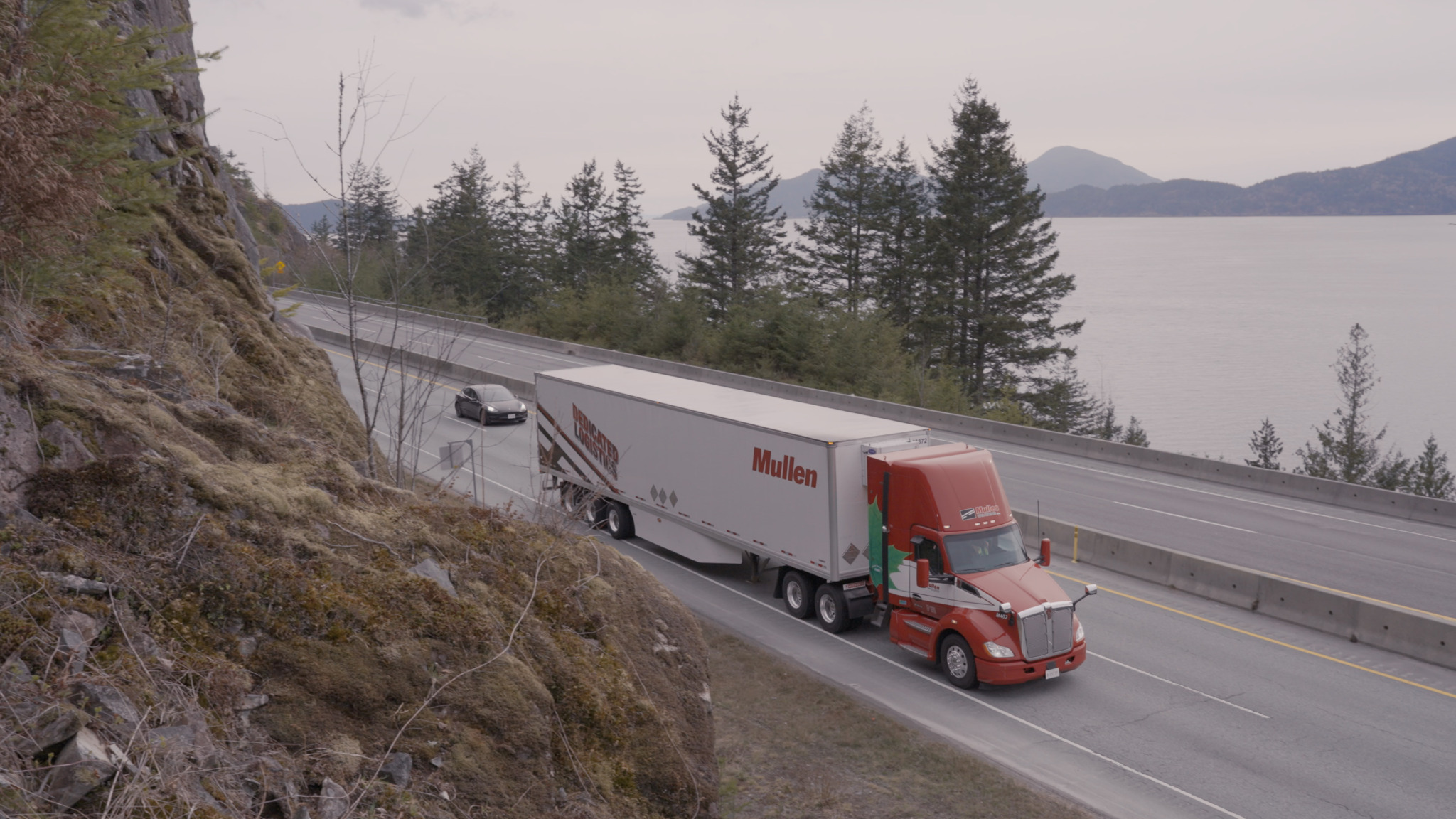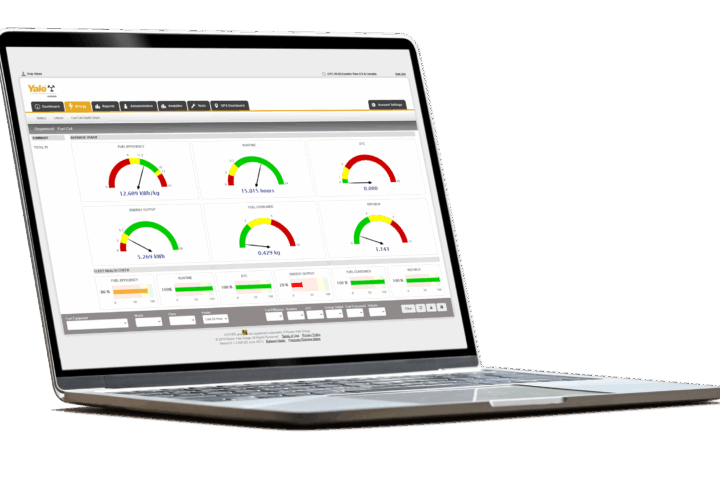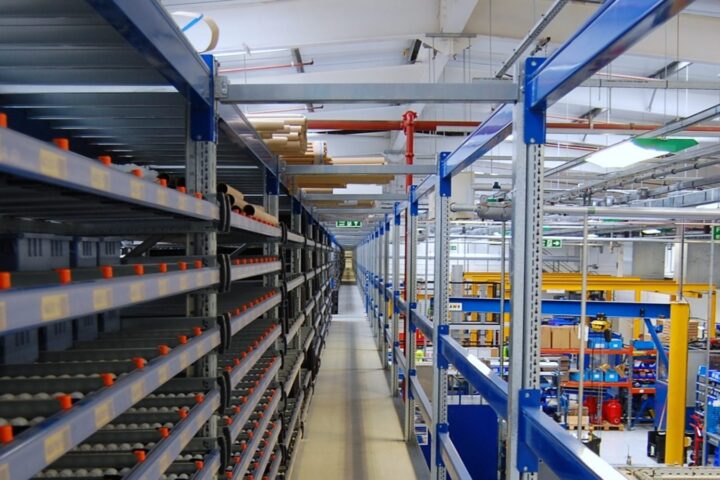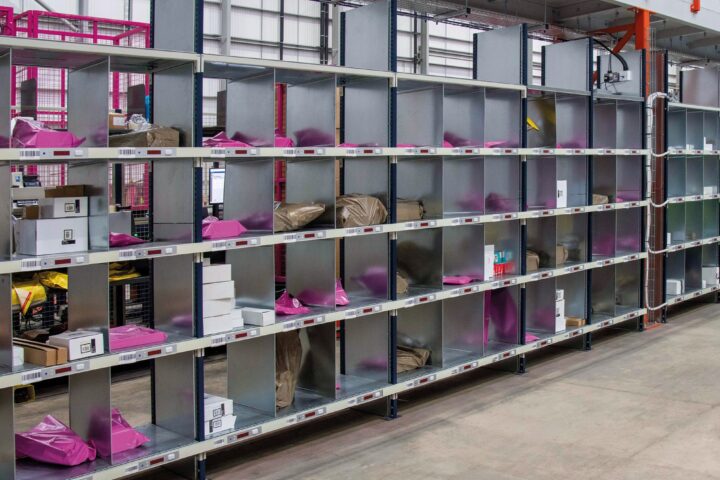Mullen Group rode acquisitions to record quarterly revenue in Q2, but profit margins remained under pressure due to soft freight demand and a stagnant economy.
Overall revenue grew 9.1% to $540.9 million in the second quarter, the company reported. Profits slipped 22.2% to $25.6 million versus Q2 2024. The revenue gains were driven by acquisitions including customs brokerage Cole Group, as well as contributions from the newly integrated ContainerWorld and Pacific Northwest Moving businesses.

“Second quarter consolidated revenues were positively impacted by acquisitions which, as we have suggested for some time now, is the only plausible means of growing during uncertain times and given the current supply/demand imbalance situation in nearly all segments of the logistics industry,” chairman and senior executive officer Murray Mullen said in a release.
“Overall freight demand remains solid but thus far there has been no sustained economic growth to generate additional demand, a necessity in our view to alter the current excess industry supply situation. As it currently stands, shippers hold the balance of power when it comes to pricing, making it difficult to grow profitably or to improve margins.”
Pricing discipline
Mullen later told analysts that the company will continue to eye growth through acquisition while remaining disciplined on pricing. And that requirement is about what he expected entering the year, when he projected a stable Canadian economy but one with no growth.
“The problem you have under this scenario is that, when demand is not growing, the competition reverts to survival mode,” he said. “The longer the economy remains in no-growth territory, the more competitors come to lowering rates just to maintain some level of cash flow.”
For that reason, Mullen has focused on cost controls while refusing to chase rates.
“The alternative is to chase internal growth by offering price concessions, which is a flawed strategy Mullen Group does not embark on,” he said. “We prefer to protect margins rather than attempting to gain market share when pricing is under attack.”
However, Mullen likes to acquire companies during downturns, something he said few competitors can do. “And this strategy allows our organization to grow regardless of the economy,” he said.
It has expanded into a new vertical with the acquisition of customs brokerage Cole Group which helped it to boost top line revenue about 9%. It also expanded the Canadian Dewatering business within its specialized and industrial services division, due to higher demand in Northwestern Ontario.
LTL remained Mullen’s most stable business unit, growing revenue by $11 million – or 6% — year over year, but pricing remained flat or negative. Logistics and warehousing on the other hand saw about 15% in revenue gains due to acquisition.
Mullen also noted those acquisitions have yet to be fully optimized.
“You’ve got to make the acquisition [first]…then you improve it over time,” he said.
Four trends to watch in the second half
While Mullen stopped short of issuing formal guidance, given the current economic uncertainties, he did highlight four themes that bear watching over the remainder of the year.
Why worry?: “It doesn’t help anything,” Mullen said of worrying about the economy. “The Canadian economy is not in a bad place. It just happens that any significant growth is somewhere into the future.”
Mullen took umbrage with politicians claiming Canada has super-economic potential. While he said such a scenario would certainly benefit the company, he doesn’t see Canada becoming a high-growth economy unless politicians do more, and talk less.
“We don’t believe the nation-building projects should be delayed by endless talks,” Mullen said. “Action is what is required. The main issue, of course, is that in Canada, these types of economic decisions are often debated for years by those with differing views and agendas. In the meantime, other countries capitalize as we debate.”
What will be the impact of AI?: “Technology and the rapid ascent of AI are deflationary tools,” Mullen noted, indicating the company is looking for how it can tap AI to improve its own financial performance. Is it possible? “We’re not sure,” he acknowledged.
Shifting trade patterns: Mullen said he’ll also be watching how countries and economies adapt to the protectionist policies being rolled out in the U.S. “There’s a massive change occurring in terms of trade,” he said. “No longer will the low-cost nation provider automatically win market share. ‘Buy local’ appears to be the new theme.”
Enforcement of labor laws: And Mullen, without referring to Driver Inc. specifically, said he’ll also be watching to see if the government finally gets tough on companies that abuse labor and safety laws governing the trucking industry.
“Will the labor laws and safety standards established by the governments be applied equally to all carriers, or will they continue to turn a blind eye to what is really happening?” he asked. “There’s no doubt that shippers are more than willing to take advantage of this inequity as they chase the lowest rate. Competition is not equal or fair when the rules are not applied consistently.”









